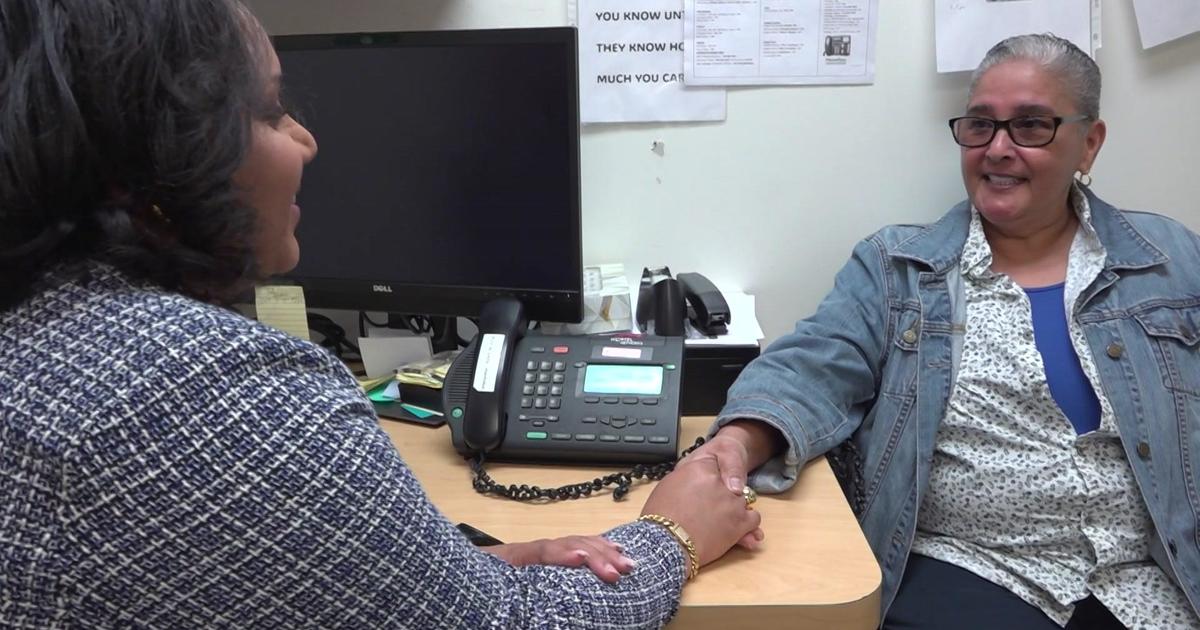Exciting Breakthrough Hold Promise For Those With Celiac Disease
NEW YORK (CBSNewYork) - There's an exciting breakthrough to treat celiac disease.
It's a way to stop the painful and destructive attacks triggered by eating wheat.
CBS2's Dr. Max Gomez explains how it works and why researchers are so excited by this.
There's excitement because the technique might work on MS, peanuts and diabetes as well as celiac.
Celiac is a painful intestinal disease where gluten, a protein in wheat and other grains triggers the immune system to attack the patient's small intestine.
The trick is how to rein in that autoimmune attack.
"After I was eating, I was experiencing bloating, indigestion, lethargy," said Molly Hess. She has medically documented gluten sensitivity, something she hopes doesn't progress to full blown celiac disease.
The trigger is gluten, a protein found in wheat, barley, rye and which damages the wall of the small intestine.
If celiac gets serious enough, patients might have to take immune suppressing drugs with significant side effects.
"Increased rates of cancer. So the tolerance approach to reprogram the system to not react to the offending molecule," said Dr. Stephen Miller, professor of immunology at Northwestern's Feinberg School of Medicine.
Miller told Gomez that up until now, keeping the immune system from reacting to gluten has been impossible.
But at the European Gastroenterology Week Conference in Spain, his colleagues at Northwestern presented the results of a groundbreaking clinical trial to re-educate the immune system into tolerating gluten.
"There's an IV injection of particles that are taken up by cells that show themselves to the immune system and tells the immune system, there's nothing to be concerned about , leave the gluten alone," Miller said.
The ingenious trick to wrap the gluten in a biodegradable nanoparticle, a kind of Trojan horse, that allows the gluten to be presented to the immune system in a non-threatening way.
So what happened to patients who got the nanoparticles and then ate gluten?
"Their immune system didn't respond, and a biopsy of their intestines showed very little damage," Miller said.
This was what's called a phase two trial to show a proof of the nanoparticle concept.
The next step is a much larger trial than 34 patients to prove to the FDA that this really does work in a larger population of celiac patients.



